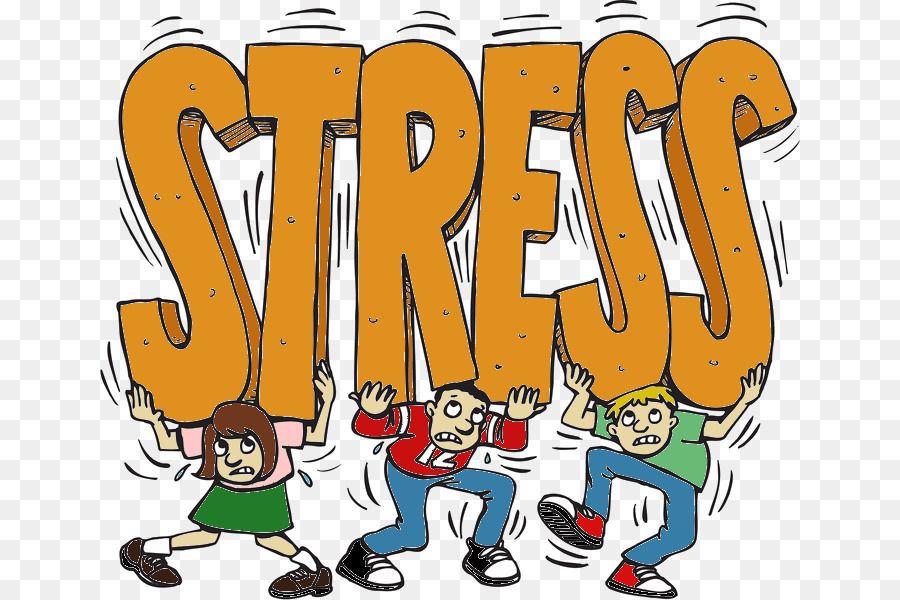Introduction
Stress is a common condition globally and sadly has almost become something that is expected in everyday living. A normal amount of stress is helpful in motivating us into carrying out tasks and achieving certain milestones and goals. However, many people, today, experience enduring, chronic stress which is affecting their immunity and physical and mental well-being.
Prolonged stress over time can lead to disease, poor sleep, poor liver function, lack of mental clarity and low mood.
Stress is caused by the release of the hormone called Cortisol. Cortisol is closely tied in with the parasympathetic and sympathetic nervous systems. The former being the “rest and digest” aspect of the nervous system and the latter being the “fight of flight” response. There is a direct connection between your brain, your cardiovascular, nervous and immune systems and the release of Cortisol and your gut.
When you experience chronic stress there are a number of adverse outcomes which have the following effects in the body.
Your Ability to Fight Disease
Prolonged exposure to stress leads to frequently being in a state of “fight or flight” mode. The focus is taken away from the rest and digest part of the nervous system and consequently the GIT’s (Gastrointestinal Tract) ability to absorb nutrients and nourishment. Given that around 70% of your immunity is held in the GIT this can have a massive effect on your capacity to fight disease, detoxify and remove unwanted toxins from the body.
Cortisol results in inflammation in the body which is a contributory factor which promotes disease in the body. Inflammation in the gut results in the gut microbiome becoming less effective at fighting off pathogens and absorption of essential nutrients into the bloodstream. This makes us more susceptible to disease and ill-health.
The good news is that nature provides us with everything that we need to fight disease and maintain maximum vitality. Ideally eating local, seasonal, whole, fresh and organic produce will give you the best nutrient dense diet.
The rainbow colours in the vast array of fruit and veggies are chlorophyll rich, support the detoxification process, provide a wide range of vitamins and minerals with anti-inflammatory properties.
Lentils, quinoa, pumpkin seeds are valuable sources of protein and essential amino acids which balance blood sugars and support the feeling of being full.
Opt for grass fed meat for its higher Omega 3 content rather than Omega 6 (grain fed) which is inflammatory to the body.
Substitute white bread and pasta for their wholewheat alternative. Not only will this lessen the spike in blood sugars but will provide fibre and result in the feeling of being fuller.
By maintaining a diet with a mix of the right amounts of protein, complex carbohydrates, healthy fats and fibre you are giving your body the best chance of fighting disease and combatting stress.
Disturbed Sleep Patterns
Prolonged exposure to Cortisol affects the production of the hormone Melatonin. Melatonin is a powerful anti-oxidant which helps aid recovery and repair within the body by combatting inflammation and free radical production. It is essential for setting the biological clock and regulating sleep patterns. It also aids the liver in the detoxification process.
There are a number of ways to promote better sleep such as avoiding late nights and keeping a normal bedtime regime of around 10pm, unplug and disengage periodically from devices, the news and the internet, ideally at least an hour before bedtime. Don’t drink caffeine after 2pm in the day.
If you have trouble sleeping a warm bath with Epsom salts is an excellent way to relax before bedtime. Epsom salts are rich in Magnesium which aids the body with relaxation.
Sleeping in a darkened room not only aids sleep but also Melatonin production.
Low Moods and Energy
Because there is a direct connection between the brain and the gut, poor absorption and an unhealthy diet can result in low moods and lack of energy.
By eating a diet rich in fruit and vegetables and reducing our intake of processed foods, caffeine, alcohol, medications and levels of toxicity we can nourish the body with the vitamins and minerals it needs to carry out bodily functions at an optimal level.
Fruit, veggies, legumes, nuts are rich in phytonutrients, vitamins, healthy fats, electrolytes, amino acids and minerals that help the brain and body deal better with stress.
Take walks in nature and in the sunshine. In countries like my own here in Scotland where there is a distinct lack of sunshine in the winter months eat mood boosting foods rich in Vitamin D such as leafy green veggies, organic egg yolks, mushrooms and oily fish.
Eat foods rich in Vitamin B such as spinach, oranges, nuts, pulses, poultry and salmon as they support energy production in the body.
Anxiety
The over consumption of stimulants such as caffeine, alcohol, sugar, drugs and cigarettes can worsen symptoms associated with anxiety and stress.
They cause blood sugar levels to spike then drop suddenly resulting in cravings and mood swings.
Instead, take up some form of exercise, eat well and sleep well to promote a positive mindset.
Meditation and breathing techniques are also powerful tools for dealing with stress and anxiety and helping with clarity of mind and coping with difficult situations. They reduce the heart rate and encourage you to stay centred and present.
Conclusion
Whilst chronic stress is all too symptomatic in Westernised societies, we have the capacity to make small, lasting changes that can have a positive, marked effect on our stress levels and our gut health. Ultimately by respecting our bodies, by being mindful of what we put into them and adopting healthy, regular habits we can turn around ill-health and enjoy happier, healthier more fulfilled lives.
